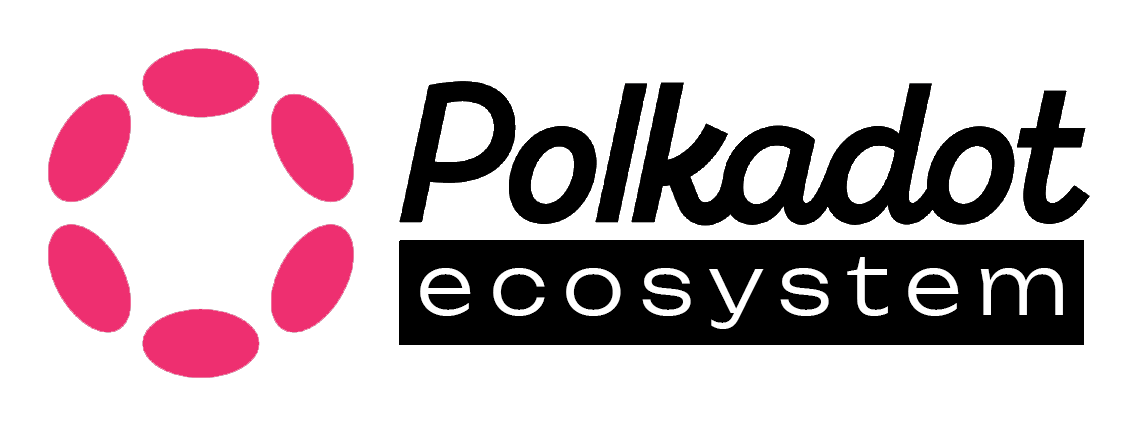Leveraging TEE Co-Processors with Polkadot Chains
Ce contenu n’est pas encore disponible dans votre langue.
In Web3, innovative solutions are constantly being developed to tackle challenges related to security, scalability, and privacy. At Sub0 2024 in Bangkok, Prabhu Eswarla from Capsule Corp (Ternoa) delivered an insightful presentation on the use of Trusted Execution Environments (TEE) as co-processors within Polkadot chains. This approach aims to enhance data privacy and computational integrity in decentralized applications.
Understanding Co-Processors
Co-processors are specialized hardware designed to perform specific tasks more efficiently than general-purpose CPUs. They have been widely used in graphics rendering, cryptographic operations, and machine learning. In the context of blockchain technology, co-processors can offload complex computations and provide verifiable results, ensuring that critical operations are performed securely and efficiently.
Types of Co-Processors and Their Applications
Prabhu categorized co-processors into three broad types:
- Zero-Knowledge (ZK) Proofs: These enable verifiable computations off-chain, with proofs submitted on-chain for validation. This technology is particularly useful for maintaining privacy while proving the correctness of computations.
- Trusted Execution Environments (TEE): TEEs provide secure areas within a processor where sensitive computations can occur, ensuring data confidentiality and integrity. They are ideal for key management, secure data storage, and privacy-preserving computations.
- Economic Co-Processors: These leverage economic incentives and staking mechanisms to secure off-chain computations, providing an additional layer of security through economic guarantees.
TEE for Decentralized Key Management
The main focus of Prabhu’s talk was on decentralized key management using TEEs. He highlighted the challenges of managing cryptographic keys securely, especially in a decentralized environment. Traditional methods involve trusting centralized entities or managing keys manually, both of which have significant drawbacks.
Ternoa’s solution involves using TEEs to handle key management tasks securely. The workflow includes:
- Encryption of Data: User data is encrypted on the client side before being stored.
- Decentralized Storage: Encrypted data is stored on decentralized storage solutions like IPFS.
- Key Management: Keys are divided into multiple shares using threshold cryptography and distributed across several TEE nodes. This ensures that no single entity holds the complete key, enhancing security.
Security and Privacy Enhancements
Several security features and best practices are implemented to ensure the robustness of the TEE-based key management system:
- Threshold Decryption: Prevents single points of failure by distributing key shares across multiple TEEs.
- Remote Attestation: Verifies the integrity of TEEs remotely to ensure they are not tampered with.
- Secure Communication: Encrypts all communication between the client, TEEs, and the blockchain.
- Economic Incentives: Uses bonding and slashing mechanisms to ensure TEE operators act honestly.
TEE Co-Processors Potential Use Cases
The implementation of TEE co-processors opens up a wide range of possibilities beyond key management:
- DeFi Applications: Securely manage order books, lending protocols, and dynamic portfolios.
- Machine Learning: Perform private training and inference of machine learning models.
- Reputation Systems: Develop on-chain reputation or credit scoring systems that update dynamically.
Prabhu concluded by discussing the future directions for TEE co-processors, including support for custom workloads, multi-proof systems, and integration with other cryptographic technologies like homomorphic encryption.

